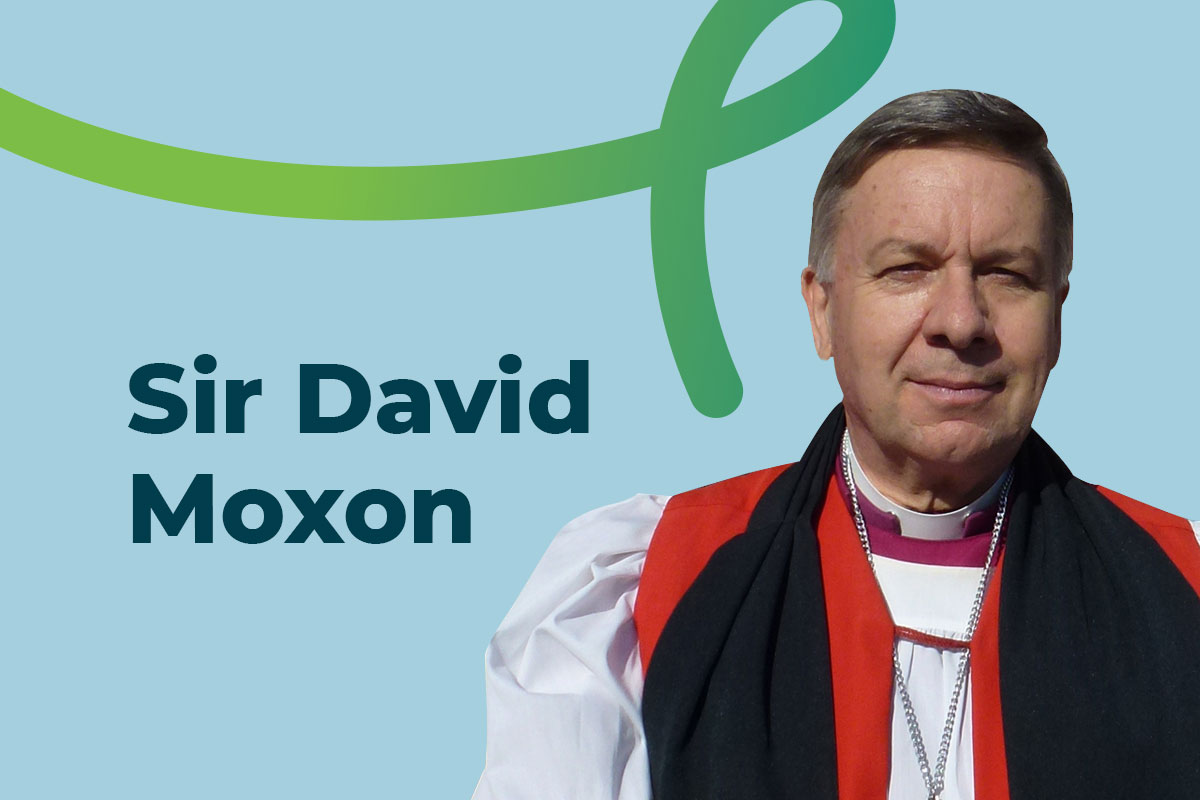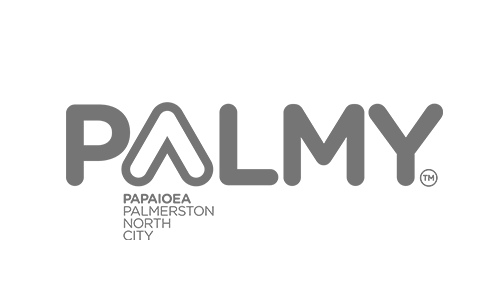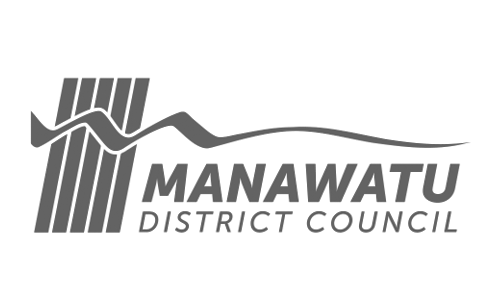While working in Rome as Director of the Anglican Centre, Te Aho Tāmaka leader Sir David Moxon also worked with a group that linked to the the United Nations around the 2030 Sustainable Development Goals (SDGs). On the 25th September, we will celebrate the fifth anniversary of the development of these goals.
As Director of the Anglican Centre, working to build a partnership between the Anglican and Roman Catholic churches, Sir David was involved in bringing faiths together on world issues such as climate change, human trafficking and modern slavery.
You have a passion for the wellbeing of society and the environment – tell us a little about your work in Rome.
As the Archbishop of Canterbury’s representative in Rome a focus area was working with the Catholic Church around a common approach in seeking an agreed carbon level reduction through the Paris talks. The Pope’s own letter, “Laudato Si”, was used to explain the urgent need for a dramatic response to climate change at these talks. The talks resulted in a widespread voluntary agreement. The faith-based actions were based on a belief that creation is a God given gift to be respected and cared for. As well as working closely with the Catholic Church I joined an inter-faith march blessed by the Pope calling for all people of goodwill to convert to a carbon neutral way of life.
Why do you believe it is so important for different faiths to work together?
Not everyone realises that around 80% of the world’s population are influenced by a faith tradition of some sort. This is a very significant soft power network which can exert great influence through appeals to a faith-based conscience for the common good. My own church has stated that all people are created in God’s image and need to find meaning and purpose beyond themselves. This meaning and purpose can mean we hold many shared values around human dignity and human freedom, as well as human responsibility. These values have huge implications for justice and peace. If we can act together where it is crucial, in areas like poverty, war, violence, famine, disaster and oppression then we can make a major difference.
Slavery and human trafficking became a key area of inter-faith partnership, why was this issue such a focus?
Slavery and trafficking violate a fundamental principle of God given human freedom and dignity, and the taking away of both for profit and the exploitation is unacceptable. All the major religions of the world hold this view and the reach and spread of faith-based communities mean we can act in many places to identify, prevent, and liberate in this area. We know our neighbourhoods, we have extensive contacts and we have the means to mobilise both businesses and volunteers to stop the slave trade today. Tragically it is estimated that there are around 30 million people who are trafficked or enslaved in some way still. We must work with the police, the parliaments, the social work community, the unions, and the commercial world to make this crime against humanity come to an end.
How did you engage with the UN to recognise this issue in the development to the SDGs?
I worked with a new antislavery faith-based network called The Global Freedom Network, which hosted a gathering of religious leaders in Rome to sign a universal statement against slavery and trafficking. This agreement is the basis of cooperation amongst faiths today. One of the Network’s aims was to include slavery and trafficking in the UN’s Millennium Development Goals. This was eventually achieved by an intervention by the leader of the Network, supported by the Pope, who introduced the idea to the UN’s Secretary General. Slavery and trafficking are now included under goal 8.7; “To take immediate and effective measures to eradicate forced labour, end modern slavery and human trafficking and secure the prohibition and elimination of the worst forms of child labour.”
What other SDGs resonate with you and have you been actively involved in?
Goal 7: Environmental sustainability. Unless we care for this planet, we will all suffer catastrophe. This is a matter of urgency and we still have the means to clean up our mess and live in a healthy life-giving environment globally.
Goal 8: Global partnerships for development. Unless we collaborate responsibility, poverty, disease and civil as well as international war will increase to a point where we will seriously regress as a human community. Tensions will increase unless Goal 7 is addressed effectively.
How do you see the SGDs making a difference?
All the goals have been identified by UN research and experience as the most likely to offer a restorative and transformative way forward for humanity. The great pain and suffering of the world will be addressed to some extent by focusing on these specific areas. They get to the heart of the matter.
For many the long list of goals will seem daunting, what would your advice be for people who want to start incorporating the goals into their work or personal life?
Pick just one that relates to your own backyard, your work, or your community and start there. Phenomena like a critical mass locally, has shown us that local mobilisation can surge in the end to the point where it begins to turn the tide. Look at the reduction of smoking in this country now, or the nuclear weapon free zone, and the increasing role of the Treaty for example.
See the list of the 17 UN Sustainable Development Goals here.
Sir David has spent his career working for the ‘greater good’ and caring for society and the environment. From being Head Boy at Freyberg High School to studying at Massey University and being ordained as an Anglican priest in 1979, Sir David went on to become the Archbishop of the New Zealand Dioceses. He was appointed as the Archbishop of Canterbury’s Representative to the Holy See in Rome in 2013 where his role focused on growing partnerships between faiths around key world issues, including modern slavery, human trafficking, refugee ministry and climate change.







